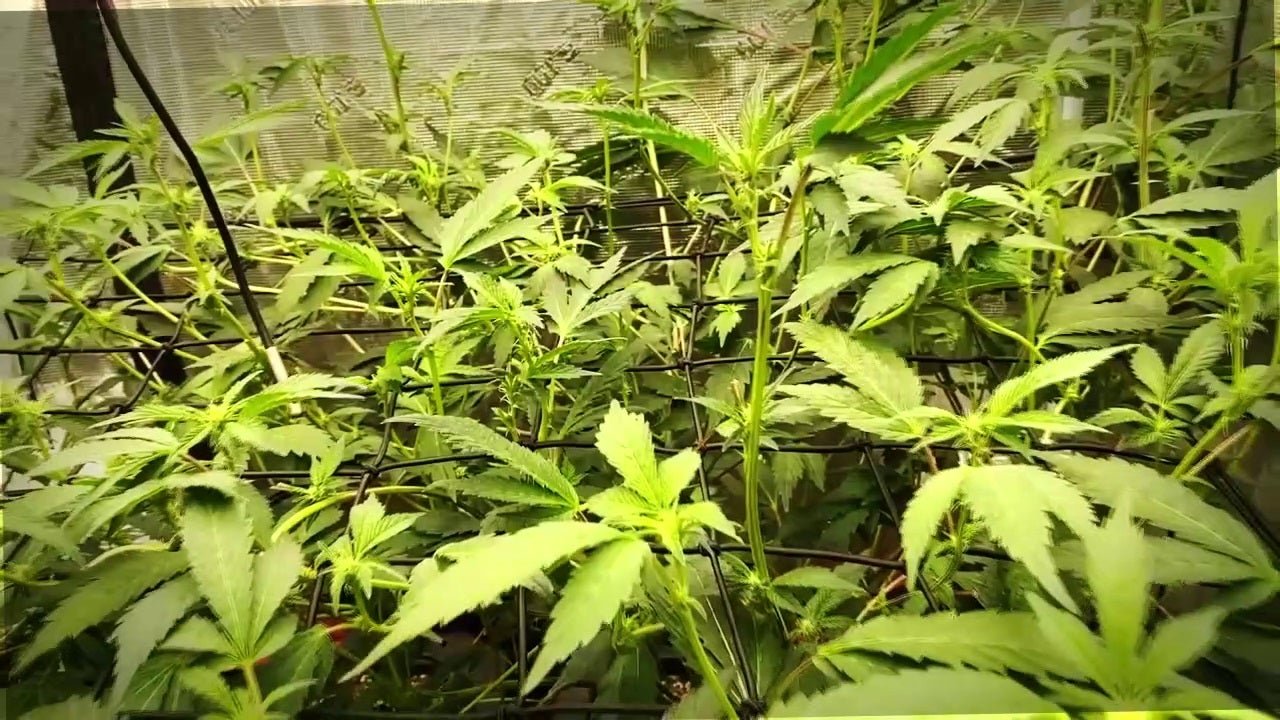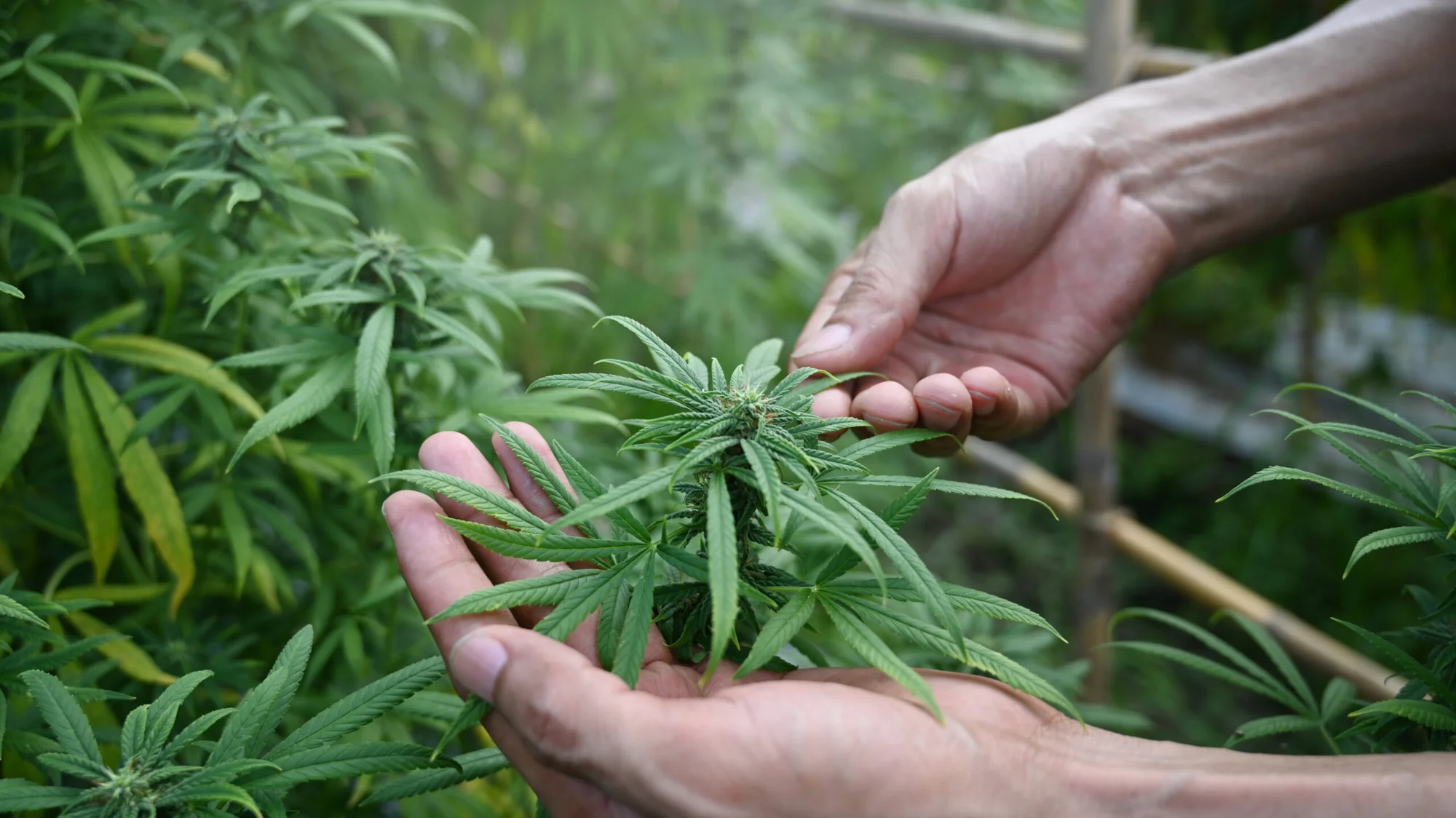Texas lawmakers have prioritized a crackdown on synthetic cannabinoids while making strides to expand the state’s medical marijuana program. In 2023, the legislature passed Senate Bill 3, which bans consumable hemp products containing synthetic THC, commonly referred to as delta-8. This legislation, championed by Lt. Gov. Dan Patrick, addresses concerns regarding the effects of these products on children.
As part of a compromise, lawmakers also approved House Bill 46, which broadens the medical marijuana program. This bill introduces additional products for patients and expands the list of qualifying conditions for medical cannabis. These legislative efforts are intertwined; the removal of hemp options from the market is intended to be balanced by an expansion of medical cannabis access.
The push to regulate synthetic THC comes amid concerns over the rapid growth of the hemp industry since its legalization in 2019. The sector, which has generated approximately $8 billion and supported around 50,000 jobs, has seen an increase in retailers selling THC-infused edibles, beverages, and vapes. Critics argue that the industry has exploited legal loopholes, prompting the need for stricter regulations. Under SB 3, possession of products with synthetic cannabinoids could result in fines up to $500, while repeat offenders may face harsher penalties.
Supporters of the hemp industry argue for regulatory measures rather than outright bans, citing the benefits of accessible hemp products for aging Texans, veterans, and families with children who have special needs. A petition delivered to Governor Greg Abbott’s office, signed by over 120,000 people, urges him to veto the bill.
The expansion of the medical marijuana program under HB 46 addresses key operational challenges. Currently, Texas requires licensed medical cannabis providers to manage all aspects of production and distribution from a single location. This has made access to medical cannabis expensive and limited its availability. The new legislation will introduce products like inhalers and vaping devices, allow off-site storage, and increase the number of dispensaries from three to twelve. Additionally, it adds conditions such as traumatic brain injuries and chronic pain to the list of qualifying ailments for medical cannabis use.
Another noteworthy aspect of this legislative session is the passage of Senate Bill 2308, which establishes a state-funded consortium aimed at researching ibogaine, a psychedelic substance. This initiative seeks to evaluate ibogaine as a potential treatment for substance use disorders and mental health issues, aligning Texas with emerging trends in psychedelic research. The program will be funded with a $50 million allocation from the state’s general fund.
Despite these advancements, several bills aimed at preventing drug overdoses failed to progress. Notably, House Bill 1644, which sought to legalize fentanyl testing strips, did not receive a hearing in the Senate, despite unanimous support in the House. Advocates argue that these testing strips provide an essential tool for reducing overdose deaths by allowing users to be aware of dangerous substances in their drugs.
As Texas moves forward, the balance between regulation and access remains a critical topic among lawmakers and constituents. The changes to both the hemp industry and the medical marijuana program will take effect in September if signed into law by Governor Abbott.




